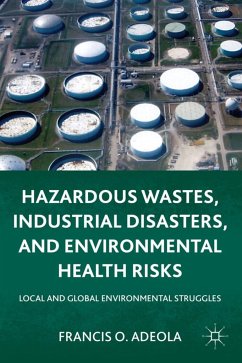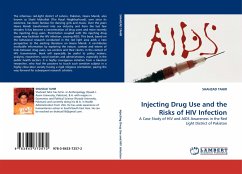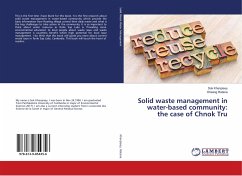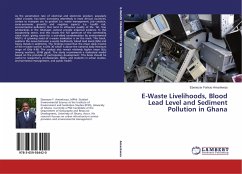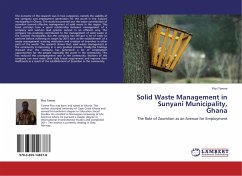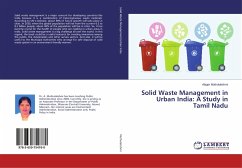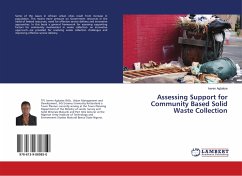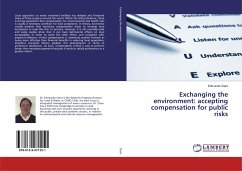
Exchanging the environment: accepting compensation for public risks
Versandkostenfrei!
Versandfertig in 6-10 Tagen
51,99 €
inkl. MwSt.

PAYBACK Punkte
26 °P sammeln!
Local opposition to waste treatment facilities has delayed and thwarted many of these projects around the world. Within the siting literature, there is strong agreement that compensation for environmental and health risks is usually a necessary condition for local acceptance. In theory, economics usually predicts that monetary compensation tends to increase local acceptance in cases like this. In practice, however, it is not normally used and some studies show that it can have detrimental effects on local acceptability. In order to avoid the latter effect, and consistent with empirical evidenc...
Local opposition to waste treatment facilities has delayed and thwarted many of these projects around the world. Within the siting literature, there is strong agreement that compensation for environmental and health risks is usually a necessary condition for local acceptance. In theory, economics usually predicts that monetary compensation tends to increase local acceptance in cases like this. In practice, however, it is not normally used and some studies show that it can have detrimental effects on local acceptability. In order to avoid the latter effect, and consistent with empirical evidence, in-kind compensation is commonly pushed forward as being more effective than financial benefits in reducing local opposition. Standard economic theory explains this phenomenon in terms of preference satisfaction. As such, compensation in-kind is said to perform better than monetary payments because it tends to satisfy preferences to a greater extent.



